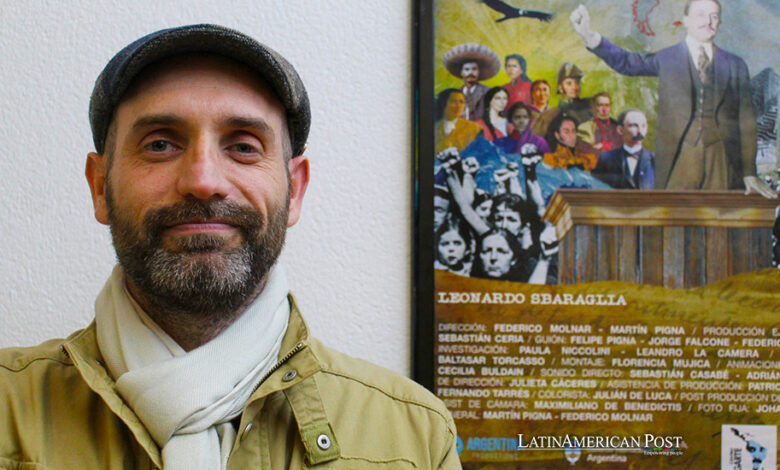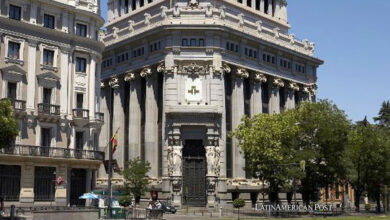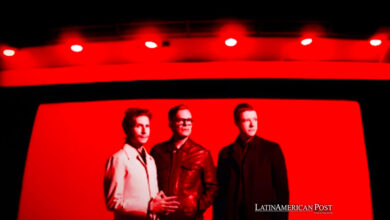Unveiling the Legacy: “Manuel Ugarte. The Destiny of a Continent”

Argentine historian Felipe Pigna spearheads “Manuel Ugarte. The Destiny of a Continent,” a documentary shedding light on a silenced political figure whose insights resonate now more than ever, reveals co-director Federico Molnar.
Unearthing Manuel Ugarte: A Cinematic Odyssey
In a cinematic odyssey spanning archives, libraries, and nations, Felipe Pigna embarks on a quest to unearth the enigmatic figure of Manuel Ugarte. Initially conceived as a mission to resurrect a forgotten luminary, the documentary evolves into a journey where Ugarte’s profound ideology resuscitates the filmmakers’ perspectives, as reflected in Pigna’s narration within the documentary.
The documentary’s thematic significance intensified with the political ascendancy of Javier Milei in Argentina, as Molnar elucidates. Filming commenced two years prior, culminating in a post-election release in Argentina and a recent premiere at Casa América Cataluña in northeastern Spain.
Ugarte’s Legacy: A Political Journey
Born in Buenos Aires in 1875 and passing away in Niza in 1951, Ugarte traversed the political spectrum, co-founding Argentina’s Socialist Party, establishing ‘La Patria’ newspaper and ‘Vida de hoy’ magazine, and authoring seminal works like ‘The Future of Latin America’ and ‘Patria Grande.’
Leonardo Sbaraglia, lending his voice to Ugarte’s writings in the documentary, emphasizes the visionary nature of Ugarte’s prophetic insights, particularly his early denouncement of U.S. interventionism in Latin America.
Beyond geopolitical foresight, Ugarte championed the consolidation of Latin American identity, positing unity as the cornerstone of regional strength, asserts Molnar. Delving into Ugarte’s analysis of the Dominican Republic’s debt crisis in the early 20th century, the documentary extrapolates his insights to contemporary economic paradigms, providing a lens to decipher Argentina’s present challenges.
The documentary also highlights the vital role of institutions like Lanús University in Argentina, serving as bastions of public education amidst systemic threats, underscores Molnar.
Ugarte’s Critique of Contemporary Politics
Reflecting on contemporary politics, Molnar opines that Ugarte would lament the rise of figures like Milei, whose populist rhetoric masks allegiance to entrenched elites, betraying the masses’ aspirations for genuine change.
Filmed across continents and supported by Argentina’s National Institute of Cinema and Audiovisual Arts (INCAA), the documentary’s distribution reflects a pre-Milei era. Molnar apprehends potential challenges to future screenings in Argentina amidst shifting political tides.
Also read: Unveiling the Spectacle: Deciphering the Intricacies of Brazil’s Rio de Janeiro’s Carnival Parade
Post-theatrical run in Spain and Argentina, the documentary is slated for release on Cine.ar, an Argentine film platform, pending privatization concerns, reveals Molnar, underscoring a collective resolve to prevent Ugarte’s re-silencing in the digital age.





